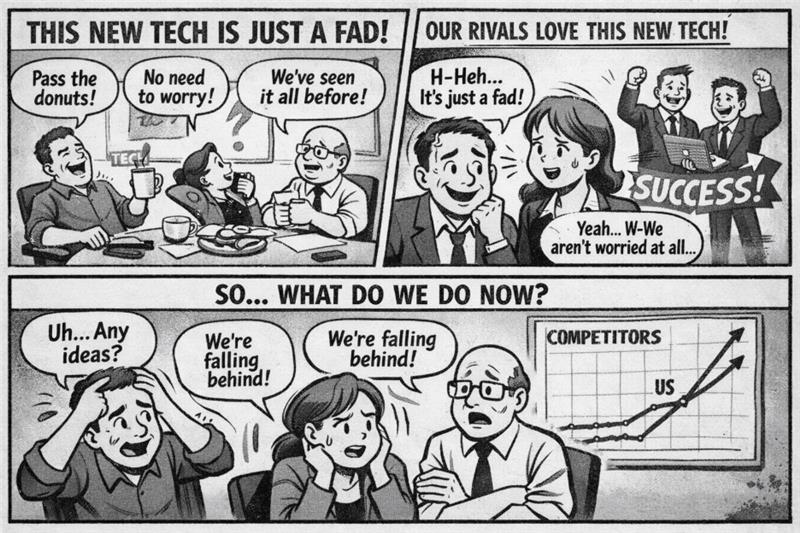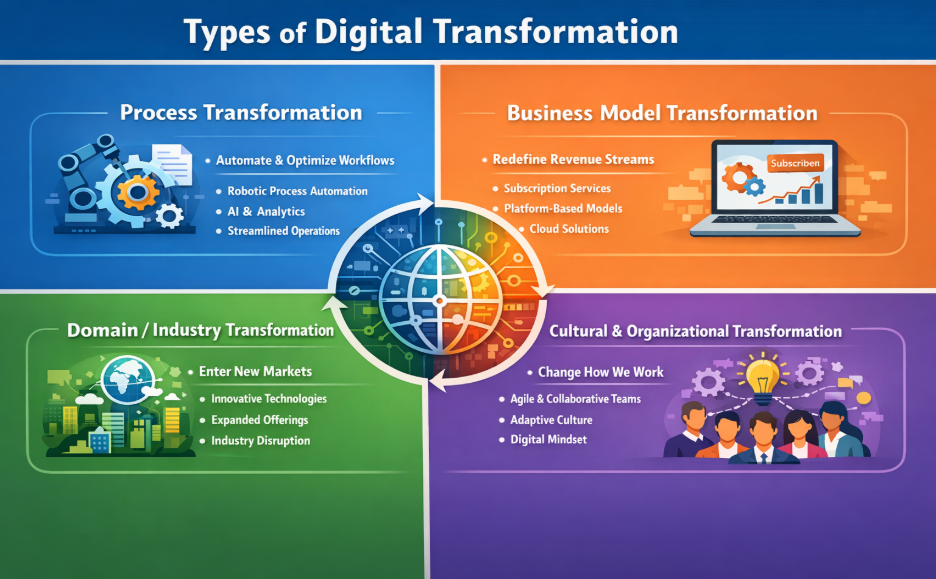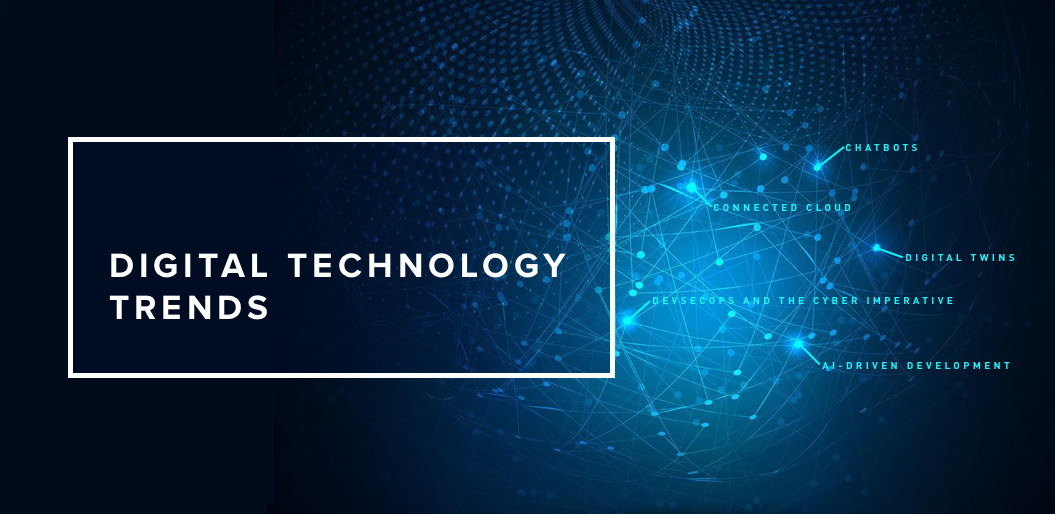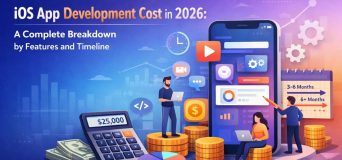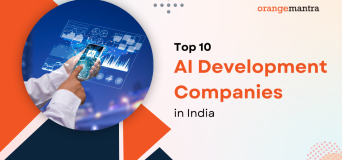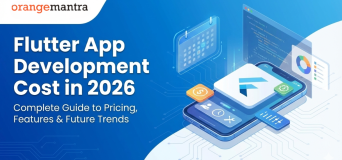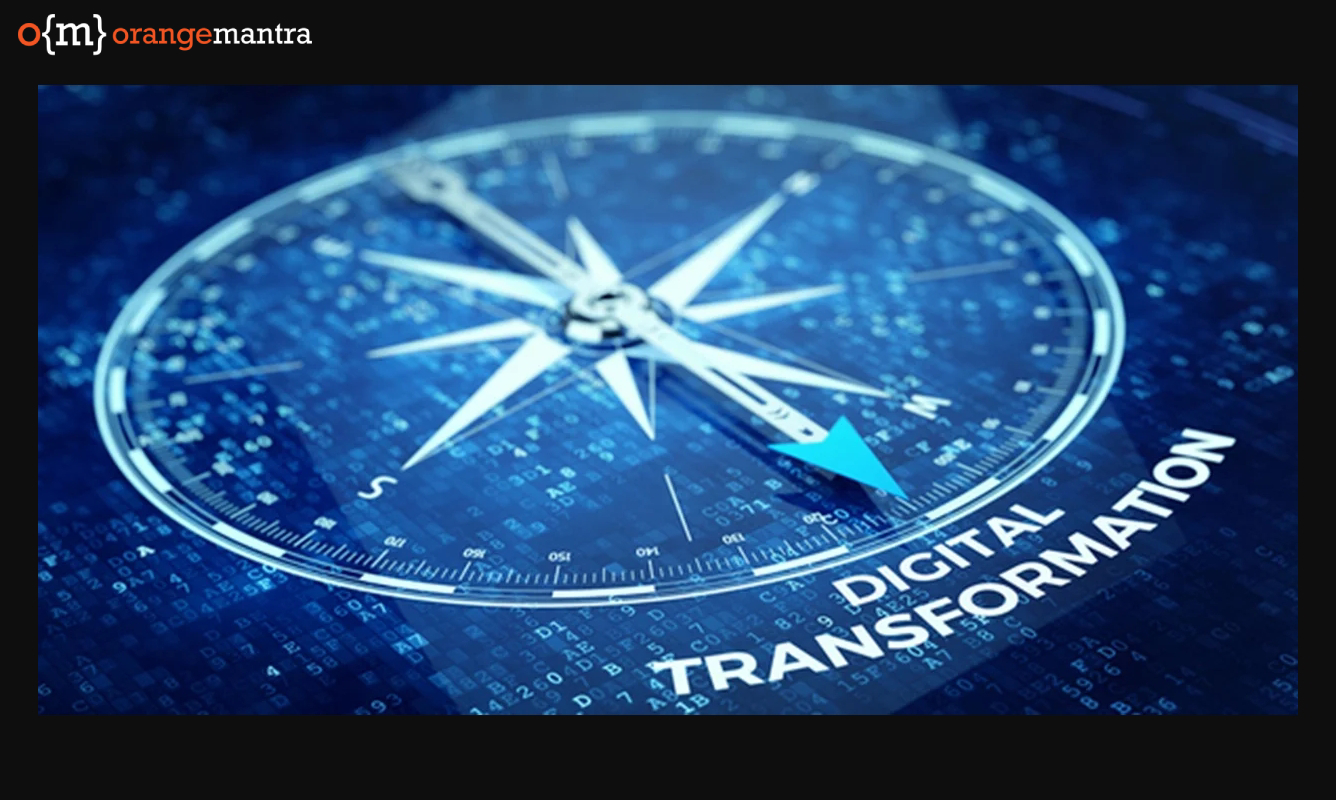
Here’s what you will learn:
From the early days of the industrial and mechanization era, through the electrification and assembly line era, computerization, personal Computing, the internet and e-business era, and the mobile and cloud era, businesses have continuously evolved through technology.
Today, we stand at the threshold of the data, AI, and automation era, moving rapidly toward the Intelligent and autonomous enterprise era.
Digital transformation technologies have disrupted industries forever, and only businesses that can keep up will survive.
Table of Contents
Here are some popular digital transformation technology examples:
Toyota
Toyota is a well-known Japanese automotive manufacturer, and while the world knows them for their reliable cars, they are slowly pivoting to a modern mobility & smart systems company.
Toyota already anticipated the transition to alternative fuel technologies and is one of the pioneers for hybrid as well as hydrogen cars. They also have a heavy investment in IoT, robotics, smart factories, mobility platforms and autonomous driving
Panasonic
What do you do when the consumer electronics market is getting flooded with new low-margin competition? You embrace digital transformation technology just like Panasonic.
They embraced smart solutions for home with IoT, energy systems, automation, and B2B solutions. Panasonic’s digital transformation technology example proved that transformation doesn’t have to be loud to be effective.
Netflix
From a simple DVD rental platform, Netflix switched to an online on-demand video streaming platform by leveraging cloud and CDN technology.
Not just streaming, it has built a word-class data analytics and recommendation engine for their users.
Initially, no one believed Netflix would succeed, but they forced every major player to launch their own streaming platforms. Once again, Netflix saw the competition and switched to creating original content instead of relying on streaming licensed content.
Embracing digital transformation technology at the right moment turned Netflix from a logistics company into an AI-powered entertainment business.
Types of Digital Transformation Businesses Undertake
Technology can change the various parts of your business. When done right, its impact can be felt across your company and even lead to disruption.
-
Process Transformation
Digital transformation technology is not just about pivoting or solving end-user problems, but they can also be a great way to solve business problems.
Business can embrace them to automate, optimize, and streamline internal processes to do existing things better.
Some examples of process transformation are automating invoice processing, approvals, enabling automated software testing, or customer support with AI chatbots development.
Businesses Can:
- Turn manual workflows to automated
- Streamline approvals and enable real time decisions
- Implement rules based artificial intelligence driven execution to reduce error prone tasks.
Common technologies involved in business process transformation:
- Automation & Robotic Process Automation
- AI & machine learning
- Workflow platforms
- Data analytics
Business impact:
- Lower operational costs
- Faster execution
- Higher productivity
-
Business Model Transformation
When time changes, businesses need to change their business model to keep up with the times. That’s why some companies need to redesign the way they create, deliver, and capture value using technology.
A lot of businesses over the years have changed how money is made over the years. A great example of this is Adobe. When they realised that their customers were no longer upgrading the product on a yearly basis, they switched to a subscription model.
Moreover, they focused more on enabling cross-team collaboration by leveraging modern cloud infrastructure.
Businesses Can:
- Go from license or one-time sales to a subscription-based model.
- Turn products into platforms or services. Shopify was famously an internal tool developed for internal use, which turned out to be so good that company had to undergo a business model transformation.
- Cloud is the future, and ease of use matters more to the user than ownership to end users. Whether it’s Magento being acquired by Adobe and starting to focus on the cloud version, or online only model becoming the norm. Businesses can switch to access-based models from outdated ownership ones.
Business impact:
- New revenue streams
- Predictable income
- Stronger customer lifetime value
-
Domain (or Industry) Transformation
Sometimes, digital transformation goes beyond improving operations or changing revenue models. It enables businesses to enter entirely new domains or redefine the industry they operate in.
By leveraging digital transformation technologies, companies can expand beyond their traditional boundaries and offer solutions that were previously not possible. This type of transformation often leads to disruption, not just growth.
For example, Hitachi moved from focusing on heavy engineering to digital solutions. Fujitsu went on to become a digital transformation partner from a regular hardware vendor & so on.
Businesses Can:
- Expand into new industries or adjacent markets using digital capabilities
- Create technology-enabled offerings that didn’t exist earlier
- Build ecosystems and platforms instead of standalone products
Business impact:
- Access to new markets and revenue opportunities
- Stronger competitive differentiation
- Long-term, sustainable growth
-
Cultural & Organizational Transformation
No digital transformation technology succeeds without changing how people work, collaborate, and make decisions. Cultural and organizational transformation focuses on aligning mindset, skills, leadership, and structures with digital ways of working.
As businesses adopt modern technologies, they must also move away from rigid hierarchies and siloed teams. Digital-first organizations encourage experimentation, collaboration, and continuous learning, enabling teams to respond faster to change.
For example, companies adopting agile delivery models and remote work infrastructure empower cross-functional teams to innovate faster while making data-driven decisions at every level.
Businesses Can:
- Shift from hierarchical structures to agile, cross-functional teams
- Encourage experimentation and faster decision-making
- Break down silos through collaboration and shared digital platforms
Business impact:
- Faster innovation cycles
- Higher employee engagement and retention
- Greater adaptability to market and technology changes
Key Statistics on Digital Transformation Technologies
Undertaking digital transformation is no longer just an emerging trend; it is now a strategic hedge against the competition. Let’s discuss some of the trends.
Market Growth:
Digital transformation continues to attract massive global investment as organizations modernize operations and business models.
Globally, investment in digital transformation technology continues to attract massive investment. Businesses continue to modernize operations and business models.
- Major research firms suggest that my mid to late 2020s companies are expected to cross $3 trillion plus. It is also projected that the market will grow by 20% CAGR through 2030.
Modern enterprises are no longer hesitant about undertaking IT upgrades. It represents a major shift in the sentiments.
Adoption Trends:
Adoption levels indicate that digital transformation has become a baseline expectation rather than a competitive advantage.
- Out of every 10 organizations, 8 have already adopted or are currently pursuing new digital-first technology.
- According to IBM, many companies today prioritize digital transformation among their top strategic priorities for business.
Companies are no longer concerned about “when” or “whether”, but “how” to adopt the transformation.
Impact on Revenue:
Over 50% of CEOs believe digitization has significantly boosted revenue growth.
51% of executives link digital transformation directly to business growth. As shared in our examples of Netflix, Hitachi, Panasonic, and various other brands.
Challenges:
Only 35% of digital transformation efforts are considered successful.
54% of companies cite a lack of expertise as a major barrier to implementation.
What this means:
Technology alone does not guarantee transformation. Strategy, culture, and execution discipline determine success.
The Bigger Insight
Digital transformation technologies deliver results only when paired with the right operating model, skills, and mindset. Organizations that treat transformation as a technology upgrade struggle, those that approach it as a business-wide change program are far more likely to succeed.
Why Do These Technologies Matter Now?
Customer expectations are soaring. Competition is global. Agility is non-negotiable. Relying on legacy systems is a fast track to irrelevance. Digital transformation tech provides the tools to reimagine operations, products, and customer experiences. It’s about harnessing digital innovation technology to fundamentally change how you create value. Ignoring these technologies for digital transformation isn’t an option; it’s an existential risk.
The Essential 10: Your Digital Transformation Toolkit
Here are the core digitalization technologies that build a future-ready enterprise. Understanding what digital transformation technologies starts with this list:
Artificial Intelligence (AI) & Machine Learning (ML): The Brainpower
What it is: Learning, reasoning, and autonomous acting systems.
Basic Drive: Automatizes complicated decisions, future trends, and mass personalization of customer contact.
Applications: Hyper-personalizes, optimizes supply chains, detects fraud, and uses intelligent chatbots. An example of digital technology revolutionizing every sector.
Future-Proof Tip: Shoot small: Choose narrow pilot projects—predictive maintenance or customer service automation.
Cloud Computing (Hybrid/Multi-Cloud): The Agile Foundation
What it is: Get on-demand delivery of cloud computing resources (servers, storage, databases, software) over the internet. Modern enterprises are aware of the high TCO (total cost of operation) that can put a burden on the businesses; that’s why more and more companies are adopting hybrid and multi-cloud models. It ensures flexibility, performance, and control.
Core Purpose: Offers scalable, flexible, and cost-effective infrastructure and services to scale fast, innovate and adapt in a fast-changing business environment.
Effect: Cloud today is one of the foundational technologies for digital transformation. Companies can now launch products faster, reduce infrastructure costs, prepare for AI, data analytics, automation, support remote and distributed workforce.
Future-Proof Tip: Get comfy with a hybrid/multi-cloud strategy to be flexible and ensure no vendor lock-in.
Advanced-Data Analytics & Big Data: The Insight Engine
What it means: Methods and instruments to examine the huge complex data (Big Data) to observe trends and gain knowledge in real time.
Core Purpose: Converts primary data into usable information to be make confident business decisions.
Effect: Digital transformation technology enables businesses to formulate winning strategies. Thanks to advanced analytics, companies now have a deep understanding of customer behaviour. Combined with AI, you can now predict demand, manage risk, optimize operations, and personalize offerings.
Future-Proof Tip: Become data-literate in your organization; there is no point in gathering information that no one can interpret.
Advanced-Data Analytics & Big Data: The Insight Engine
What it means: Methods and instruments to examine the huge complex data (Big Data) to observe trends and gain knowledge.
Core Purpose: Converts primary data into usable information to be utilized by strategic decisions.
Effect: Discovers potential customer information, determines market trends, enhances risk management, and personalizes offerings. Essential digital technology for business strategy.
Future-Proof Tip: Become data-literate in your organization; there is no point in gathering information that no one can interpret.
Robotic Process Automation (RPA): The Digital Workforce
What it entails: Computerized robots doing redundant routine and grounded digital functions.
Core Purpose: Increases efficiency, precision, and swiftness, as it frees people from repetitive tasks.
Impact: Automates the following, invoice processing, data entry, and report generation, as well as HR onboarding. Crucial digitalization technologies for operational efficiency.
Future-Proof Tip: You can use an RPA solution in combination with AI (Intelligent Automation) when it comes to more advanced processes.
Blockchain: The Trust Layer
What it is: It is a distributed digital ledger that stores transactions in an unchangeable way.
Cope Purpose: It facilitates transparent, accountable, secure, and immutable bookkeeping and transactions.
The good: Simplifies supply chain provenance, anchors digital identities, allows smart contracts and minimizes fraud. A revolutionary digital innovation technology for trust.
Future Proof Tip: Seek beyond cryptocurrency use cases: supply chain, healthcare records, and secure voting.
5G Connectivity: The High-Speed Highway
What is that: The fifth cellular network technology.
Core Purpose: Provides high-speed and low-latency and massive connectivity of devices.
Impact: Facilitates real-time actions remotely (Physical surgery, robots, applications), drives invisible AR/VR, facilitates colossal IoT solutions, and transforms mobile life. Critical infrastructure for other Top digital transformation technologies.
One of the things you can do to future-proof is to strategize 5G on ways to improve your IoT, edge computing, and real-time analytics projects.
Augmented Reality (AR) & Virtual Reality (VR): The Immersive Interface
What it entails: AR places digital information over the real world; VR solution builds immersive digital environments.
Core Purpose: Boosts training, design, distance teamwork, and client experiences.
Effect: Revolutionizes employee training (simulations), provides off-site expert advice, revolutionizes product design and visualization, and makes effective customer demonstrations. Powerful digital technologies are examples of enhancing interaction.
Tips to futureproof: Begin with practical delivery, such as remote maintenance support or a virtual product showroom.
Cybersecurity Mesh: The Flexible Shield
What it is: A composable, modular way of security that offers protection to distributed resources.
Core Purpose: Defends individuals, information, and resources at any point in the distributed digital space.
Impact: More effectively secures cloud, IoT, and remote work, making Zero Trust architectures possible and reacting quicker to threats. The key technology needed to undergo digital transformation in the contemporary world of perimeter-less.
Future Proof Tip: Take a Zero Trust approach (kill the trust, verify, and do not trust).
Platforms & APIs for Integration
What it is:
Work together across departments or enhance your platforms with modern platforms and APIs (Application Programming Interfaces). New digital transformation technologies enable systems, services, applications, and partners to connect, work together, and share data bi-directionally seamlessly.
Core Purpose:
Enterprises can scale their services, integrate new capabilities, and build connected ecosystems instead of operating in silos.
Impact & Why It Matters:
APIs & Platforms are the hidden backbone of modern businesses, marketplaces, and also enable partner integrations in mobile apps and automation.
Future-Proof Tip:
Get on with an API-first mindset, it will ensure platforms can adopt modern digital transformation technologies like AI, cloud services, and automation without rebuilding core systems.
Beyond the Tech: Keys to Successful Implementation
Deploying Top digital transformation technologies isn’t just plug-and-play. Avoid the traps:
Strategy Before Technology: Match all tech investments closely with a defined business objective. Don’t chase shiny objects. Ask: “What problem does this solve?” or “What opportunity does this unlock?” Your strategy defines which technologies for digital transformation you need.
Governance & Quality Data is the New Oil (Garbage in, garbage out): Intuitive Data governance and quality control and integration are essential prerequisites to AI, analytics, and IoT. Your digital transformation tech is only as good as the data it uses.
Upskilling the Workforce is Non-Negotiable: Digital technology in business demands new skills. Invest heavily in reskilling and upskilling your people. Foster a culture of continuous learning. Empower them to use new digitalization tools effectively.
Agility & Scalability is the highest priority: Select solutions that are agile and can scale in support of your requirements. Embrace modular architectures and agile methodologies. Avoid monolithic systems that hinder progress. Scalability is key for digital innovation technology.
Security & Ethics Must Be Embedded: Never afterthought. Enshrine security (and especially cybersecurity mesh) and ethical considerations (and especially with AI) are at the center of every initiative on the first day. Comprehend the reasons why technology can be used in positive or negative ways and have control that controls both sides. Digital technologies, such as AI, require strong ethical frameworks.
Concluding Thoughts: Your Transformation Journey Starts Now
The future belongs to enterprises that proactively embrace these Top digital transformation technologies. This Digital Transformation Technologies List—AI/ML, Cloud, IoT/Edge, Data Analytics, RPA, Blockchain, 5G, AR/VR, Cybersecurity Mesh, and Digital Twins—provides the blueprint.
Here, success does not involve the adoption of one or two in isolation. It’s about strategically integrating these digitalization technologies to create synergistic value. They complement each other—AI is powered by IoT, 5G will allow AR in real-time, and the cloud will make it all possible.
Don’t wait for disruption to force your hand. Start your strategic journey today. Assess where these technologies for digital transformation can have the most significant impact on your unique business. Experiment, learn, adapt, and scale.
The path to becoming a truly futuristic, resilient, and dominant enterprise is paved with these digital innovation technology choices. Seize the tools. Own your future. The Top digital transformation technologies are your launchpad.
FAQs
Q1. Which technologies are considered most impactful in digital transformation today?
Key technologies driving digital transformation include Artificial Intelligence (AI), Internet of Things (IoT), Cloud Computing, Blockchain, Edge Computing, 5G, Robotic Process Automation (RPA), Augmented Reality (AR), Big Data Analytics, and Cybersecurity Solutions. These tools modernize infrastructure and future-proof business processes.
Q2. How can enterprises choose the right digital technologies for transformation?
Enterprises should assess their business goals, industry trends, customer needs, and existing tech maturity. A strategic roadmap, starting with scalable and high-impact technologies like cloud or AI, allows for a phased and ROI-driven transformation.
Q3. What are the challenges companies face during digital transformation?
Common challenges include legacy system integration, high implementation costs, skill gaps, data security concerns, and resistance to change. Partnering with the right technology experts and investing in change management helps overcome these barriers effectively.
Q4. What are the 4 types of digital transformation?
Process transformation, business model transformation, domain or industry transformation, cultural and organizational transformation are four types of digital transformation businesses can take.
Q5. What are the technologies for digital transformation?
AI, ML, cloud computing, data analytics, automation, RPA, cybersecurity, blockchain, 5G, AR and VR technologies, and modern platforms leveraging APIs are great examples of digital transformation technologies.
Q6. Is AI a digital transformation?
Yes, when companies use AI to automate decisions, personalise customer journeys, predict demand, or reduce manual effort, they are using AI as part of their digital transformation journey.
